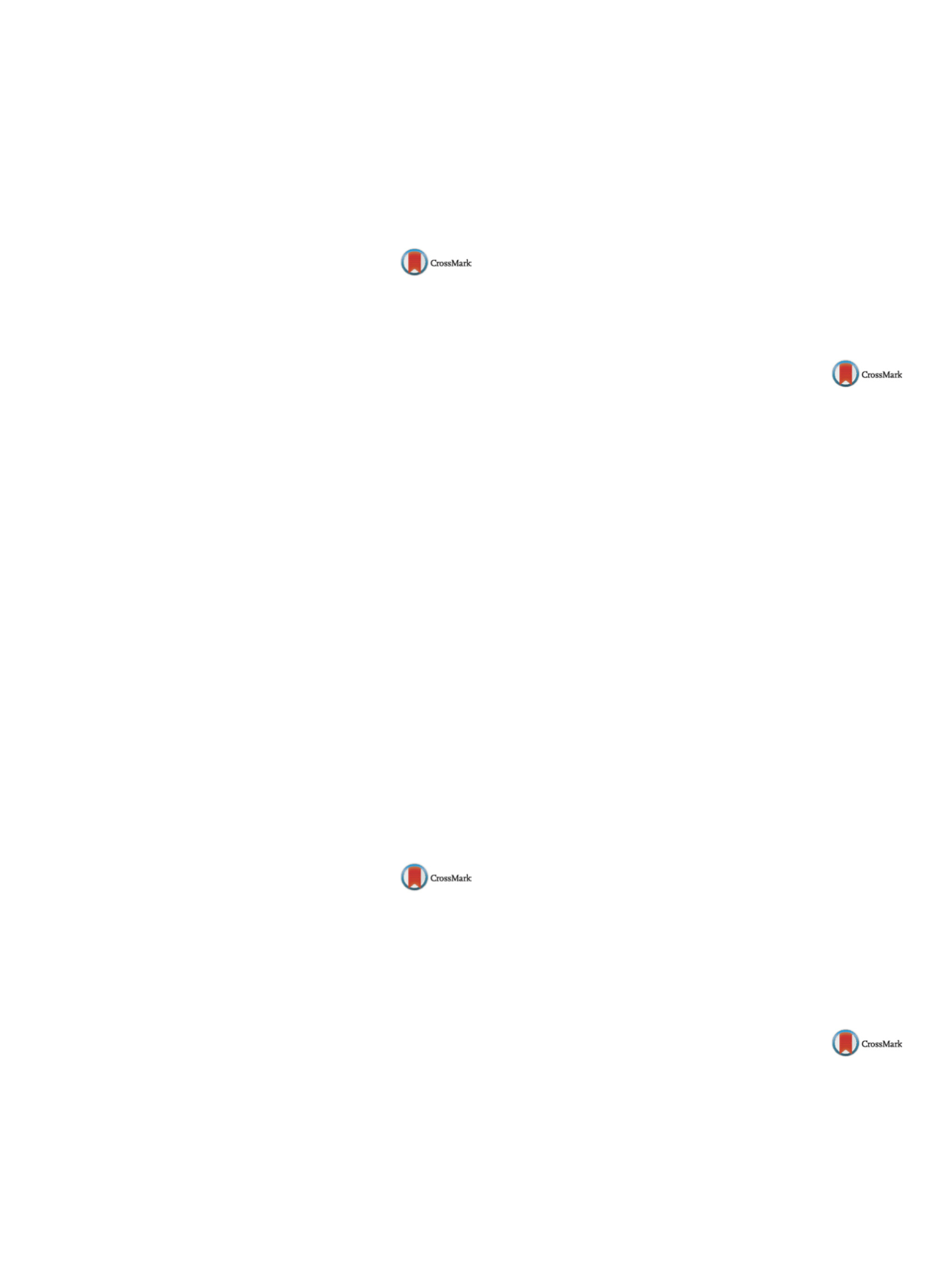

25th European Congress of Psychiatry / European Psychiatry 41S (2017) S847–S910
S901
Conclusions
The masculinisation of the homeless people from
Maghrebhas tended to increase the gender differences in the home-
less population, in itself more masculine. This presents a risk of
increasing the invisibility of homeless women.
Disclosure of interest
The authors have not supplied their decla-
ration of competing interest.
http://dx.doi.org/10.1016/j.eurpsy.2017.01.1840EV1511
A case report highlights the neglect
problem of pregnancy denial
E. Di Giacomo
1 ,∗
, M .Calabria
2 , F. Colmegna
3 , B. Pucci
4 ,M. Clerici
51
PhD program in Neuroscience, Doctorate School of the University of
Milano-Bicocca, Psychiatric Department, S. Gerardo Health Care
Trust, Milan, Italy
2
University of Milano Bicocca, School of Medicine and Surgery, Italy
3
S. Gerardo Health Care Trust, Psychiatric Department, Monza, Italy
4
S. Gerardo Health Care Trust, Obstetric & Gynecologist Department,
Monza, Italy
5
Milano, Italy
∗
Corresponding author.
Pregnancy denial was observed in a patient after her second deliv-
ery. Contrary to the first pregnancy, she denied weight gain, body
changes and baby movements. She reported using a contraceptive
pill throughout the entire pregnancy. After a short home delivery
without assistance, she was admitted to obstetrical department
and referred for psychiatric evaluation. Mrs. T. accepted psychi-
atric follow-up appointments and was followed up for 6 months.
She was initially assessed using the SCID II Interview, beck anxi-
ety and depression interview, WHOQOL (WHO quality of life), and
childhood trauma questionnaire. She denied pregnancy conceal-
ment and during the period of assessment and follow-up there was
no evidence of intimate partner violence. Her female newborn was
healthy without consequences of oestrogen/progesteron absorp-
tion (hypoplastic left heart syndrome, gastroschisis, hypospadias
or congenital urinary trait anomalies) in one year follow up. The
patient was discharged after 6months of clinical outpatient follow-
up. This case stresses and emphasizes the health and risk outcomes
for both mother and child linked to an underestimated but serious
phenomenon such as the denial of pregnancy.
Disclosure of interest
The authors have not supplied their decla-
ration of competing interest.
http://dx.doi.org/10.1016/j.eurpsy.2017.01.1841EV1512
Reviewing the relation between the
automatic thought patterns of
university students and their levels of
cultural intelligence
G. Ergün
∗
, A. Güzel
Mehmet Akif Ersoy University, Department of Emergancy Aid and
Disaster Management, Burdur, Turkey
∗
Corresponding author.
Purpose
This research aims at reviewing the relation between the
automatic thought patterns of female university students and their
cultural intelligence levels.
Method
The research was planned to be descriptive. The uni-
verse of the research was composed of female university students
in staying student hostel. The sample was determined to be the
whole of the universe. A written permission was taken from the
management of hostel regarding the research. Cultural Intelligence
Scala and Automatic Thoughts Scale; the form towards socio-
demographic data prepared by the researchers was used. SPSS-19
software programme were used to analyze the data.
Results
The participants were a total of 400 people, with %100
female. Automatic thoughts scale of respondents found a total of
85.23 points. This score is above average. That is more negative
perceptions of student life. Cultural intelligence scale total score
of 81.21 was found. Cultural intelligence level of students is above
average. There was correlation between the two scales.
Discussion and conclusion
Statistically significant relations were
determined between Cultural Intelligence Scala and sub-scales
regarding Automatic Thoughts Scale.
Keywords
Cultural intelligence; Automatic thoughts;
University student; Female student
Disclosure of interest
The authors have not supplied their decla-
ration of competing interest.
http://dx.doi.org/10.1016/j.eurpsy.2017.01.1842EV1513
Associations between gender and
outcome of acute psychiatric
admission, looking specifically at
length of stay and type of admission
J. Beezhold , U. Farooq
∗
, J. Isaac , A. Shepherd
The University of East Anglia, Norwich Medical School, Norwich,
United Kingdom
∗
Corresponding author.
Introduction
There is little published data regarding the associa-
tion between gender and outcomes in acute inpatient psychiatry.
We present outcomes froma study of 5601 acute psychiatric admis-
sions.
Objective
The objective of this study was to identify associations
between gender and outcome of acute psychiatric admission, look-
ing specifically at length of stay and at whether they were detained
in hospital.
Methods
The relationship between gender and acute psychiatric
inpatient length of stay and detention status was analyzed for all
admissions over 90months fromSept 2002 to Feb 2010. Therewere
5601 consecutive admissions included in this study, 2862 of which
were male and 2739 were female. There were no exclusions. Data
was complete for more than 99% of subjects, and was extracted
from part of routine service data on an anonymous- basis. The
subjects were admitted into two acute inpatient wards in central
Norfolk. Data was analyzed using SPSS. Ethics consent was granted
by the research ethics committee.
Results
The study showed no significant difference in average
length of stay (female = 32.98, male = 32.11;
P
= 0.595). Addition-
ally, no significant differencewas found linking gender to detention
status (26% female, 25% male;
P
= 0.517) as opposed to informal or
voluntary admission.
Conclusion
The study found no evidence of a gender bias regard-
ing overall length of stay and legal status in acute admissions.
Further research should be conducted in this area to examine
whether there is any gender bias in outcomes relating to diagnosis.
Disclosure of interest
The authors have not supplied their decla-
ration of competing interest.
http://dx.doi.org/10.1016/j.eurpsy.2017.01.1843EV1514
Impact of postpartum depression on
quality of life
R. Feki
∗
, I. Feki , D. Trigui , I. Baâti , R. Sallemi , J. Masmoudi
CHU Hédi Chaker, Psychiatrie A, Sfax, Tunisia
∗
Corresponding author.
Introduction
Women during the postpartum period experience
many physiological, psychological, and social changes. Quality of
life (QOL) is a sense of well-being and arises from satisfaction
or dissatisfaction with various aspects of life including health,


















